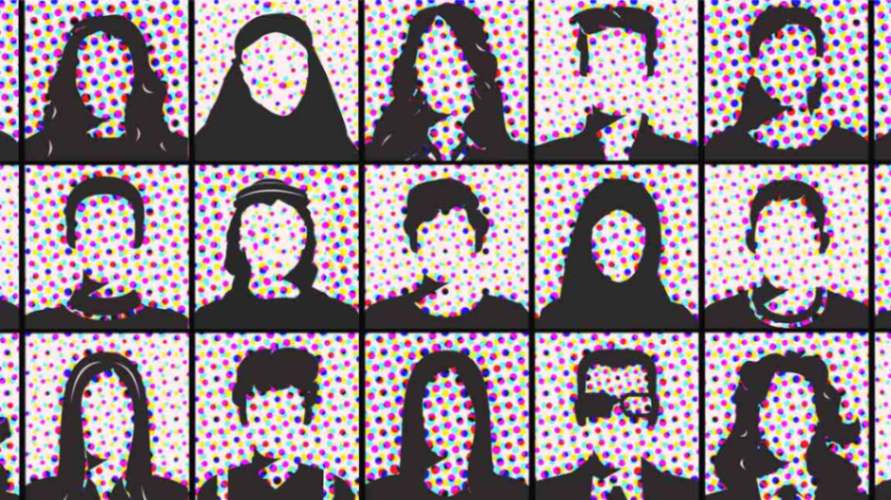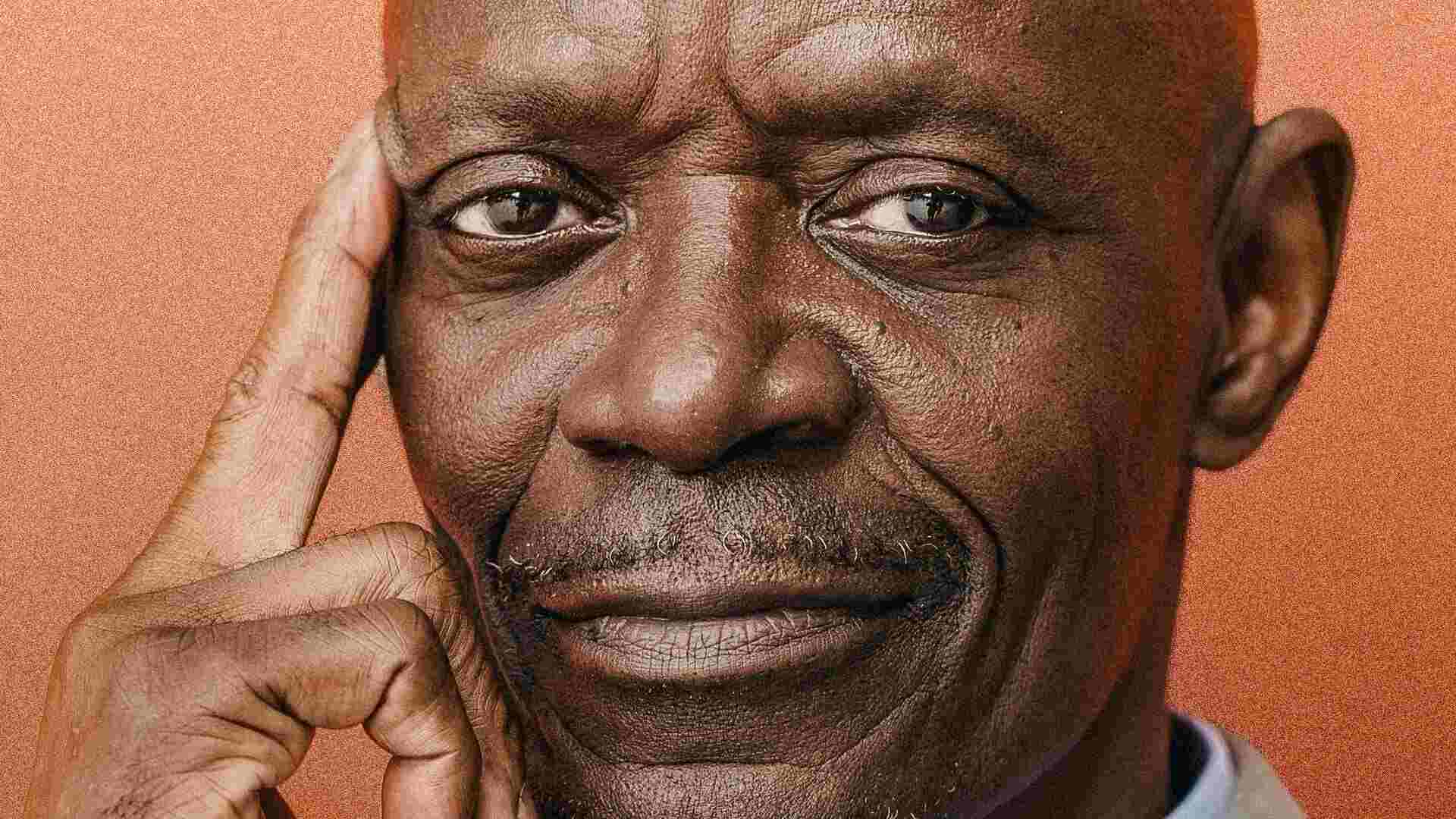- | 9:00 am
A team of scientists explain how to get measurably happier by doing one simple thing
Research has shown that having short conversations with others makes us happier, even if we feel anxious or don’t think we’ll enjoy it.

A young mother of three from Louisiana is about to have a video call with a retired Oregonian firefighter. She feels uneasy and tries out possible excuses for canceling at the last minute. They’ve never met before and have been given no instructions, except to talk about whatever they’d like, as if at a social event.
You aren’t alone if this scene, and the mere idea of talking with a total stranger, makes you cringe.
Millions of people feel anxious and uncomfortable talking to people they don’t know. As a result, they often avoid social interactions. This comes at the expense of their own happiness and makes them more vulnerable to depression and its close cousin, loneliness.
When we feel anxious about interacting with others, it’s natural to keep to ourselves. But what if this impulse is making things worse?
Research has shown that having short conversations with others makes us happier, even if we feel anxious or don’t think we’ll enjoy it. Even a shallow interaction with a barista in a café, or a potentially awkward one on a commuter train, can boost our mood.
Now our new study, just published in Science Advances, explores how even online conversations with total strangers on a video call can make us measurably happier.
We randomly paired research participants and asked them to have a 25-minute get-to-know-you conversation with a stranger over video chat. Before and after these 1,656 conversations, we asked participants how they were feeling. Remarkably, people in every age group reported feeling significantly better after a conversation with a stranger compared to how they felt before they began the call.
They didn’t feel just a little bit happier; the mood boost they got from these conversations was astonishing, comparable in size to proven happiness boosters like exercising or expressing gratitude. When well-being researcher Sonya Lubomirksi, author of The How of Happiness, saw the results she exclaimed: “I’ve never seen an effect size that big!”
So the next time you feel down in the dumps, have a conversation with someone . . . anyone. It doesn’t need to be deep. It doesn’t need to be with someone you already know, or even someone with whom you share common interests or background.
Nervous? It’s natural to want to be liked when we’re putting ourselves out there. Fortunately, we also studied what makes some conversations better than others. Here are some tips for being a better conversationalist.
Pick up the pace. The best conversationalists spoke faster than the worst ones. The winning pace was an upbeat, but not rapid-fire, tempo.
Show you’re engaged. Nod your head when you agree and shake your head if you don’t. Practice demonstrating warmth and interest through gesture, facial expression, and tone of voice.
Balance listening with novelty. A good conversationalist reflects back what their partner is saying to confirm understanding, but if a topic isn’t working, people tend to appreciate a quick pivot to a fresh one.
If these tips seem obvious, that is partially the point. You already know how to have a conversation. Little tweaks can help, but they matter less than you might imagine. After years of pouring over thousands of conversations to figure out what makes some better than others, we can say with confidence: You’ve got this. Indeed, what really stands out in this research is people’s remarkable ability to connect, often across great demographic and socio-cultural divides.
So the next time you’re tempted to dodge an opportunity for conversation, remember that avoidance fuels anxiety. We often feel better in the short run just by thinking about avoiding something we feel anxious about. But in the long run, avoidance deepens our social anxiety and increases the odds that it will spiral into loneliness and depression.
Ugh, I will not enjoy this, you might be thinking. However, the research suggests otherwise: people consistently and incorrectly anticipate that their conversations with strangers will be less interesting, enjoyable, and valuable than they actually turn out to be. People also worry that others will reject them, when in reality, others are almost always open to talking.
Finally, if fear of what other people think of you is holding you back—as it is for most people—what if I told you that people actually like you? That they aren’t judging you? Would knowing that affect your willingness to connect more with the people around you?
Because it’s true. People almost universally thought their conversation partner liked them less than that person actually did. We humans systematically underestimate how much people enjoy our company.
As our country’s mental health crisis deepens, and as we spend less and less time talking to people outside of our immediate social circles, we’ll do well to remember that sometimes an important solution is simple, and it’s right in front of us: All we need to do to feel happier is to talk to a stranger.







































